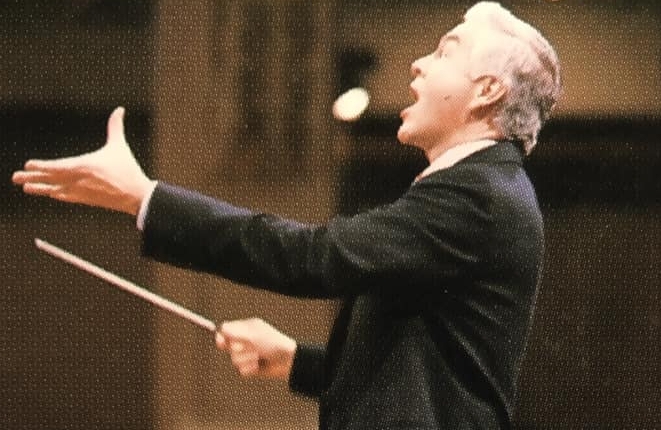Every summer, we enjoy another of the benefits of living in a rural community: garden-fresh fruits and vegetables. I thought I knew what a fresh tomato was before I moved to the country. But then I ate an Abbott tomato. I thought I knew what sweet was, but then I tasted a Turbeville cantaloupe.
One such garden was across the street from our house. But none of its fruit would’ve been possible without Mr. Rice from down the street. He didn’t water the ground. He didn’t plant the seed. He didn’t even help in the harvest. He just appeared on his tractor every spring with the thing every garden needs: the plow.
The plow is hard and sharp. It rips through weeds, punctures the hard surface, and breaks up the clotted dirt. The plow prepares the ground for the beginning of life-giving things.
The spiritual life has a parallel in the plow: repentance. Repentance penetrates hardened hearts, breaking up clods that clog our souls. Repentance opens the way for the word of God to work down into the soil of personality and bring forth the sweet fruit of a life empowered by the Spirit. Repentance is the first step in ‘putting off the old life’ and ‘putting on the new.’ Nothing happens without it.
Today is Ash Wednesday when some Christians mark their heads with an ashen cross to begin the season of Lent, a concentrated period of personal repentance before Easter. That’s good if it helps. Like an unused plow in an abandoned field, repentance has rusted away in our “self-esteem is everything” culture. But repentance is a spiritual discipline that requires regular practice if it’s to do us any good.
Nehemiah shows us how to do it.
Repentance Reviews the Offense
Repentance calls sin, sin. Nehemiah said, “I confess the sins…we have committed, including myself.” Neh.1: 6b-7.
There goes that plow blade, right into the toughest part of the ground, the hardened surface of self. We come before God and say, “Lord, I did it. It wasn’t my environment, it wasn’t my job, it wasn’t my family, I did something wrong, and I’m responsible for it.”
Repentance Is Specific
Nehemiah confessed sins of commission, doing what we know is wrong. “We have acted very wickedly toward you,” he said. We might say it this way: “God, I have been corrupt in my dealings with you. I’ve played the religious pretend game. On the outside, I look fine. On the inside, my heart is far from you.”
Corruption is a heart hardening thing. It needs a sharp plow.
Nehemiah also confessed sins of omission, failing to do what we know is right. “We have not obeyed the commands… you gave to Moses.”
Finally, Nehemiah confessed to group sins. He used the plural pronoun, “We.” We don’t imagine ourselves responsible for what our culture is doing. But when we fail to speak up for the defenseless unborn, are we not responsible? When we fail to care for the poor, are we not neglecting our responsibilities?
Repentance reviews the offense and takes responsibility, putting everything out on the table between God and us. That is essential if we want a response.
It has been a long time now since we ate the fruit of the garden across the street. The neighbors who tended it died or moved away, grass and trees now fill the lot. I chatted with Mr. Rice about that. He said, “I’ve been plowing gardens for folks in town here for decades. At one time, there were thirty-five that I plowed every spring. Now there are less than five.”
When I observe our culture and see the poison it produces, I wonder if the reason is that we have stopped tending the garden of the soul, we have stopped turning over the soil of the spirit with the plow of repentance.





